We never talk about what led up to 9/11
This Tuesday, GHC faculty and students placed 2977 American flags on the courtyard of the Cartersville campus for The 9/11: Never Forget Project. The display is a collaboration between the Student Veterans of America Club, the Sons of the American Revolution and English Professor, Rachel Wall, with students from her 11 a.m. literature class.
As GHC honors the 20th anniversary of the 9/11 attacks, the Six Mile Post wants to open a dialogue on the side of history often overlooked in 9/11 media coverage — what led up to the tragic events that took place on Sept. 11, 2001.
The 9/11 attacks did not happen in a vacuum. They are part of the larger story that is the United States’ involvement in the Middle East. Despite this, media outlets have made a habit of only covering play-by-plays of the disaster and the grief of survivors and victims’ families. This has left our generation — which largely grew up in the aftermath of the attacks — in the dark as to why they happened in the first place.
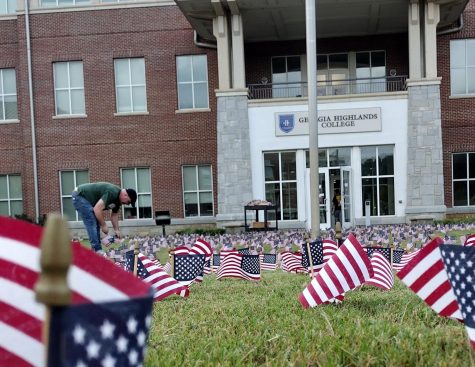
Why did the U.S. enter the Middle East?
The United States’ involvement in the Middle East traces back to one thing — oil.
By the 1930’s, World War I and the production of the Model T turned oil into a valuable commodity in the United States. In 1938, US companies found oil in Saudi Arabia. This prompted the strategic allyship between Saudi Arabia and the United States that persists to this day.
Cold War Controversy
During the Cold War, the U.S. utilized its presence in the Middle East to overthrow Iran’s democratically elected Prime Minister, Mohammad Mossadegh. This was done in an effort to maintain control over the region from the Soviet Union, who the US saw as a communist threat to Iran.
However, the validity of this threat is disputed. Many historians view the coup as a premature intervention taken to gain control of Iran’s oil fields.
These were some of the first instances of U.S. globalization in the Middle East, the continuance of which has been a source of controversy and political difficulty in the region.
Backlash to Israel & Globalization
In 1947, the United Nations divided Palestine into Israeli and Arab states. Shortly after, the United States recognized Israel as an independent state.
This was not received well by neighboring nations, prompting a boycott from the League of Arab States which continues to be partially enforced.
Historians argue that modern terrorism has largely been a reaction to western globalization in the Middle East. In Osama Bin Laden’s 2002 “Letter to America,” he cites the attacks on Palestine and creation of Israel as motivators for 9/11.
The Rise of al-Qaida
Osama Bin Laden first rose to military leadership during the Soviet-Afghan War. Bin Laden built a volunteer resistance to combat the Soviet Union following their 1979 invasion of Afghanistan. This group would later become al-Qaida, the perpetrators of the September 11 attacks.
Tensions between the United States and al-Qaida can be traced back to 1990. Osama Bin Laden became resentful when the Saudi Arabian government denied his request to fend off an invading Iraq in the Persian Gulf War. The government chose US troops instead.
Bin Laden chose to take an aggressive approach to US dominance in the middle east in the early 90s.
In 1994, Bin Laden started to train his militants to get more involved in conflicts around the world, issuing his first Fatwas, which are islamic legal opinions. These included the declaration of a holy war against the United States for a variety of crimes in the Middle East. He cited the looting of natural resources that he viewed as Muslim-owned and the occupation of Muslim holy cities like Mecca and Medina — the two holiest cities in the Muslim World.
Bin Laden’s ultimate goal was full-scale war between the United States and the Muslim-world. He carried out al-Qaida’s first known terrorist attack on America: the bombing of two US embassies in Kenya and Tanzania. This resulted in the death of 224 people.
From there, the United States carried out missile attacks in areas where they thought that al-Qaida forces were located. Bin Laden responded by bombing the USS Cole in 2000, which led to the death of 17 sailors.
Why does it matter?
9/11 brought the conflict in the Middle East to our doorstep. Seeing the preceding events, we have to ask how the U.S. could have handled it differently. It’s difficult for younger generations to comprehend what led up to 9/11, but historical context can inform future decisions regarding foreign policy and help prevent future tragedies.


































































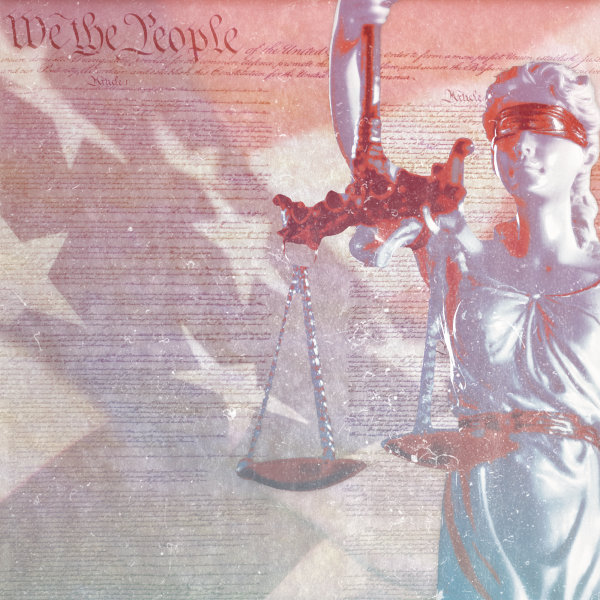
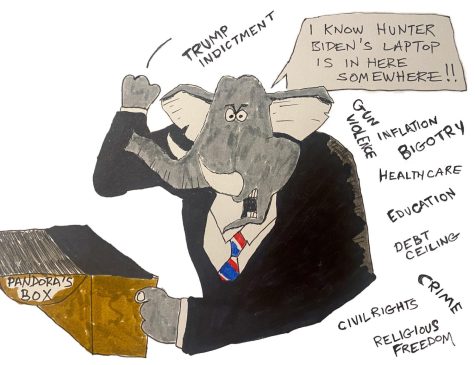

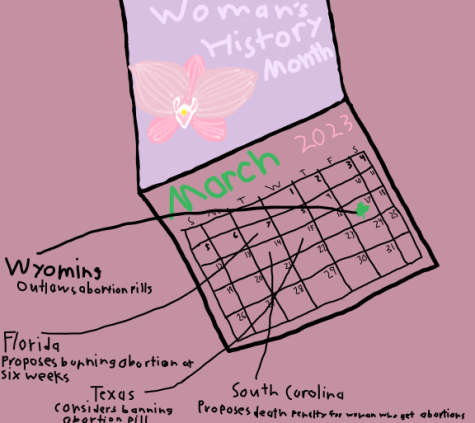

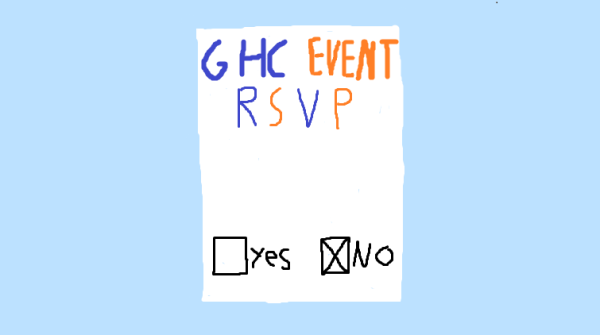

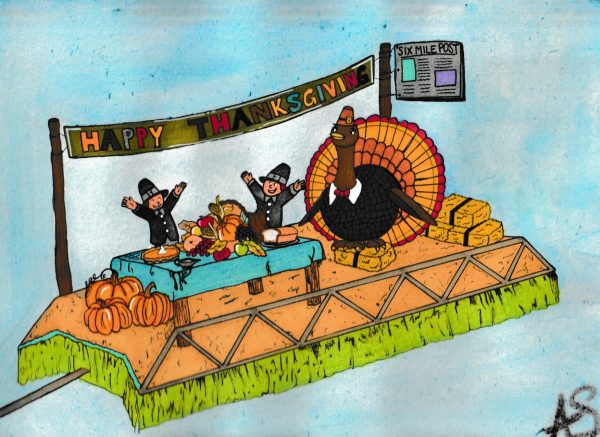


Ashton • Oct 7, 2021 at 10:03 am
Wow Keith, looks like you’ve been watching a little too much Fox. Islam is a normal religion just like any other – acknowledging the part the US played in the creation of conservative reactionaries in the middle east isn’t blaming ourselves for it, it’s acknowledging that radicals don’t come from nowhere. This piece clearly details a perceived betrayal and bin Laden was upset with others’ priorities. He *chose* to use violence to get others to share his priorities. That is not something that this article says we should take ownership of, and if you actually knew anything about Islam you’d know that even though bin Laden and modern radicals dress their conservative warmongering up in religious tones it has about as much to do with Islam as the modern Christian right in the US has to do with actual Christianity.
Keith Howard • Sep 13, 2021 at 11:36 am
Your “Cause Of 9-11” editorial is presented as fact instead of opinion… and unfortunately is severely biased and lacking in critical thought.
Once again we see the same liberal “blame America and blame Israel” mantra, while ignoring radical Islam.
Islam is a dangerous and deadly political idealogy wrapped in the cover of a manmade pseudo-religion. America did not exist when Islam was created in the 6th century, and for almosr 1500 year it has left a trail of death and destruction in its wake.